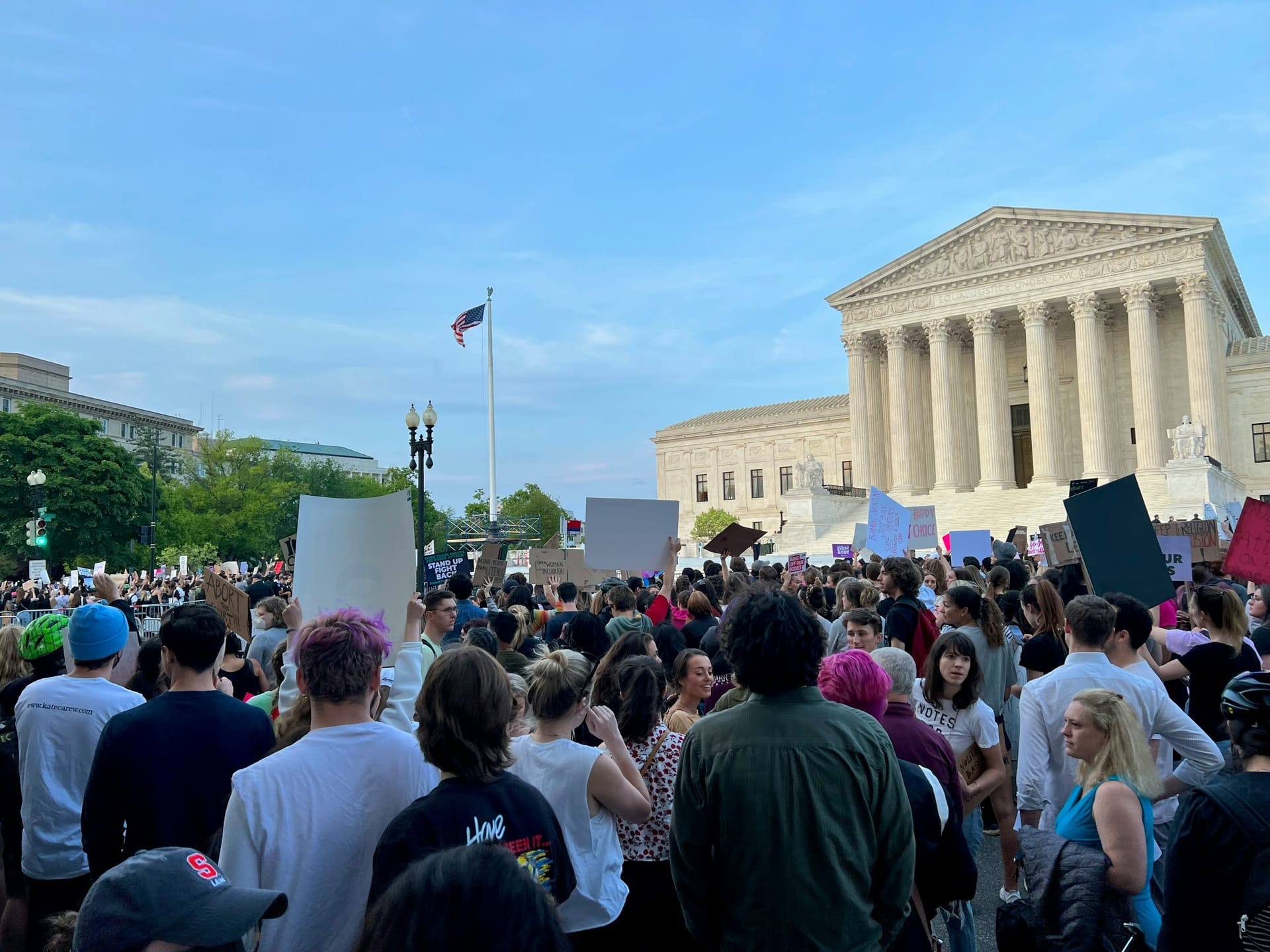What Do I Do If I Believe I am Being Discriminated Against?
Depending on the circumstances, you may contact your local, state, and federal agencies to file a complaint against an entity that discriminated against you.
What Are Protected Classes?
Protected classes are categories of people that are classified under federal, state, and local statutes and are protected from discrimination. For instance, race is a protected class. Discrimination on the basis of a protected class such as race is prohibited on most circumstances.
Special Education
Although state and local governments are primarily responsible for the education of students, discrimination especially on the basis of disability are heavily regulated by a hybrid of state and federal statutes.
Which Federal Law Protects Disability Discrimination in Education?
The Individuals with Disabilities Act (known as IDEA) ensures that all children with disabilities have available to them a free appropriate public education in the least restrictive environment that provides special education and related services to meet their unique needs and prepare them for further education, employment, and independent living, and ensures that the rights of such children and their parents are protected.
See 20 U.S.C.S Section 1400-1485
Are Districts Obligated to Place Student with Special Needs in His or Her Neighborhood?
No. IDEA does not impose an absolute obligation to place a child/student in his or her neighborhood school. However, school districts are required to consider geographical proximity of the placement a factor in determining the student's special education.
See J.T. v. Dumont Public Schools, 438 N.J. Super. 241
Sex Discrimination
How is Sex Discrimination Defined?
Any adverse action (such as termination of a job or being denied services) because of your sex is considered sex discrimination. Sex discrimination can take places in different areas such as employment, education and housing. Harassment can also be a form of sex discrimination depending on the circumstances of the incident.
Is it Legal to Fire Me Because I am Gay?
No. Employment discrimination on the basis of sexual orientation is unlawful under Title VII of the Civil Rights Act of 1964. The Supreme Court held that discrimination based on an individual's sexual orientation includes the prohibition of employment discrimination on the basis of "sex".
See Altitude Express v. Zarda (2020)
Education
What Are Some Types of Discrimination in Schools?
Along other things, harassment and bullying is a common type of discrimination in schools. Exclusionary discipline such as suspensions is also a form of discrimination.

